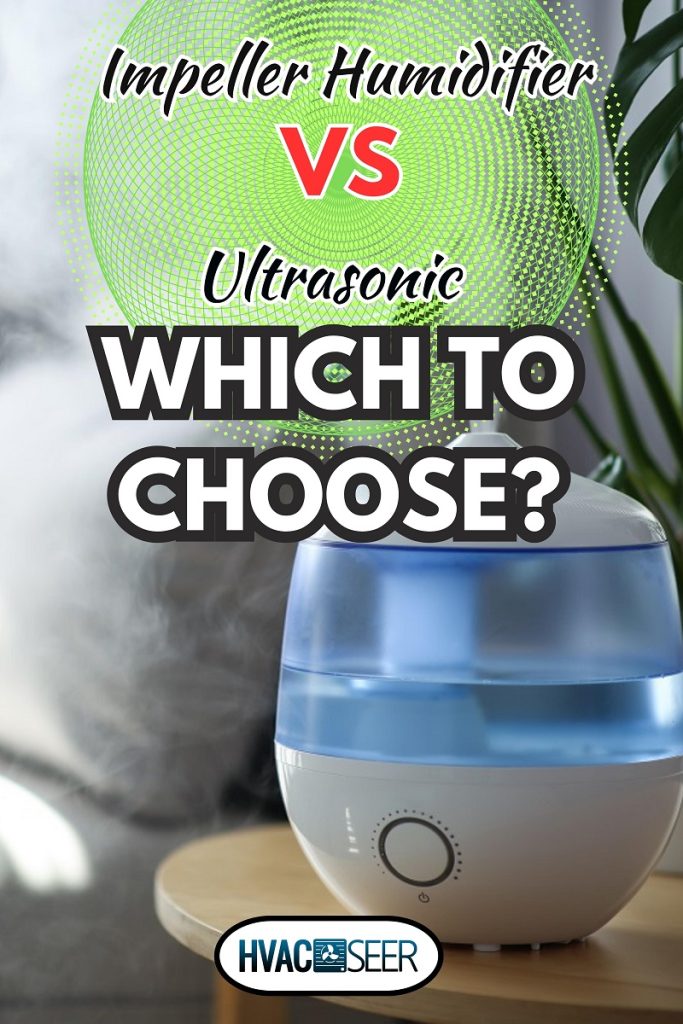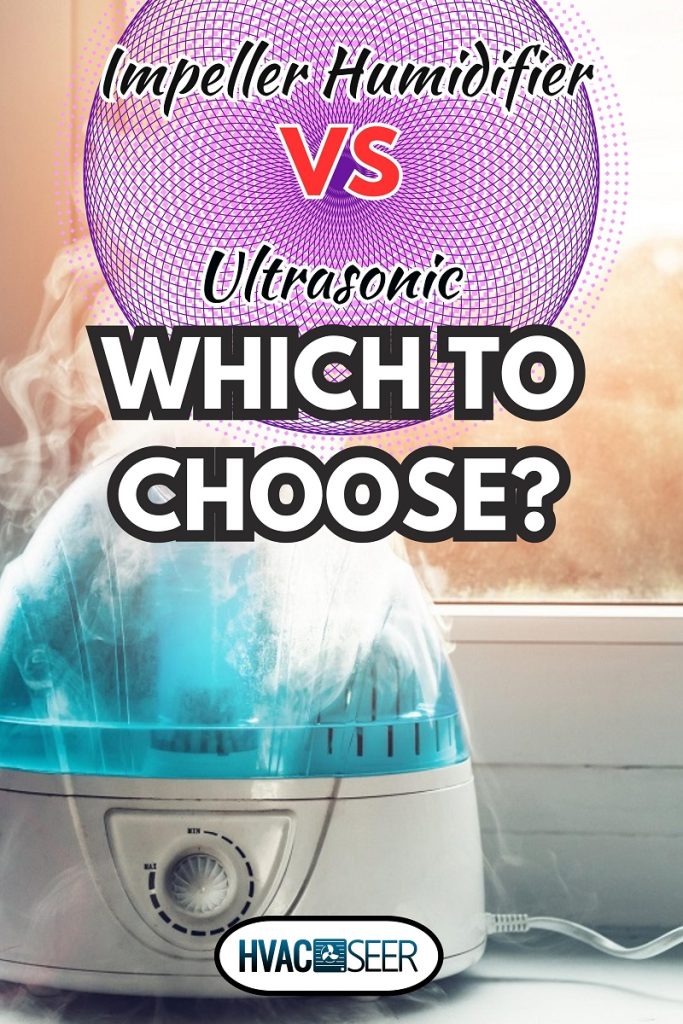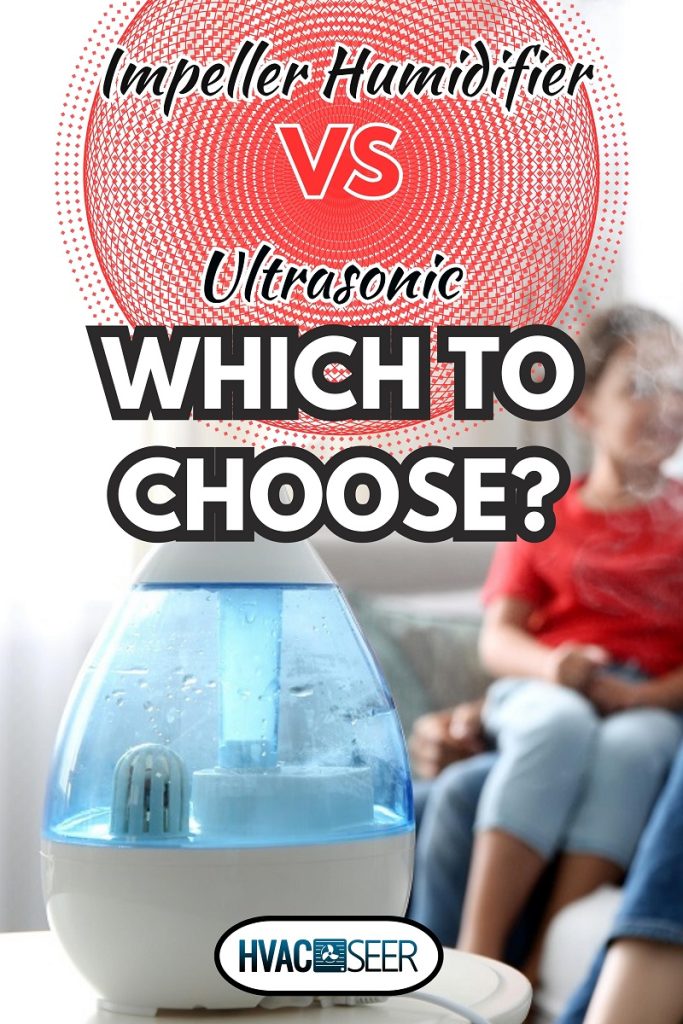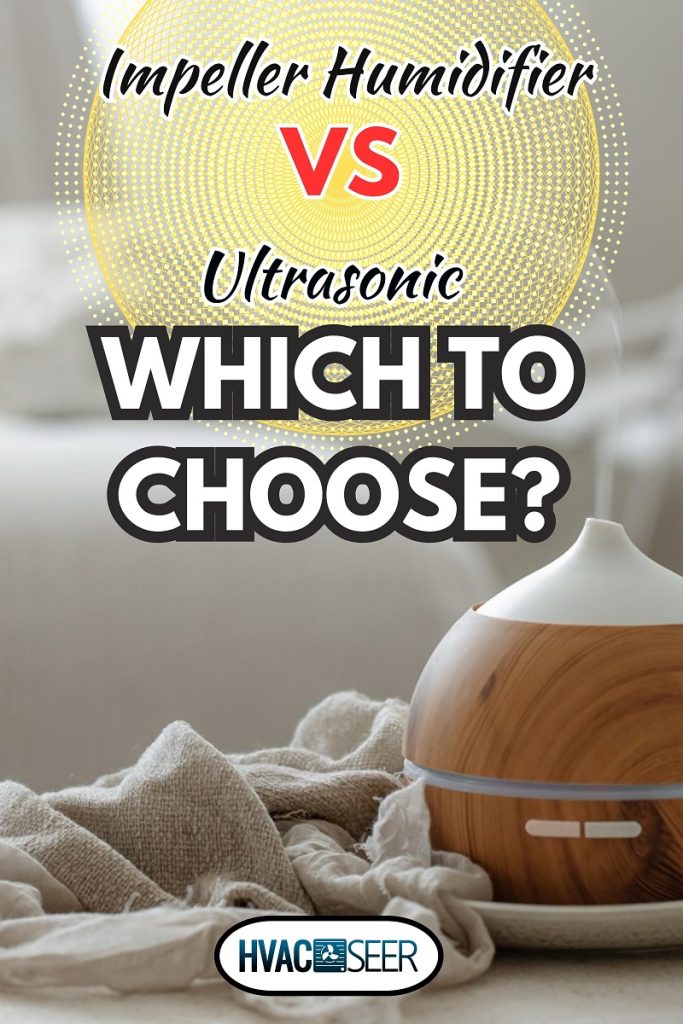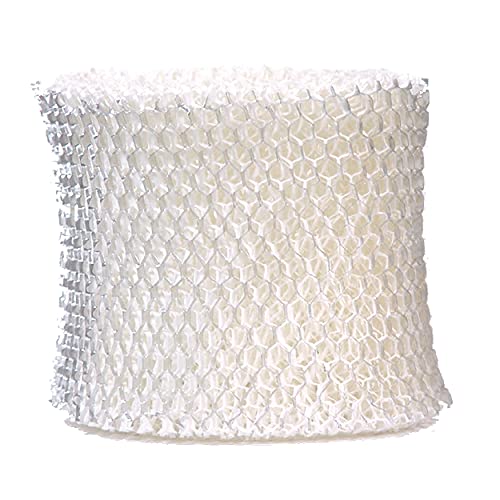When choosing between two high-quality humidifiers, consumers usually check the product's ratings and have a product test to compare which is better. In this post, we will tackle which humidifier is the best for your home—impeller or ultrasonic. We have researched the topic and have an answer for you.
An impeller humidifier uses a rotating disc to gently massage water onto a diffuser, which then turns the water into tiny droplets and flows in the air to moisturize your environment.
On the other hand, an ultrasonic humidifier is a type of humidifier that works by moving a metal plate at a high frequency, which then creates water droplets. These droplets then flow into the air through a fan. This cool mist or fog helps boost the air's moisture levels.
Suppose you have not decided on whether you should go for the impeller humidifier or an ultrasonic humidifier. We suggest you keep reading this post to help you decide on what to purchase for your home!
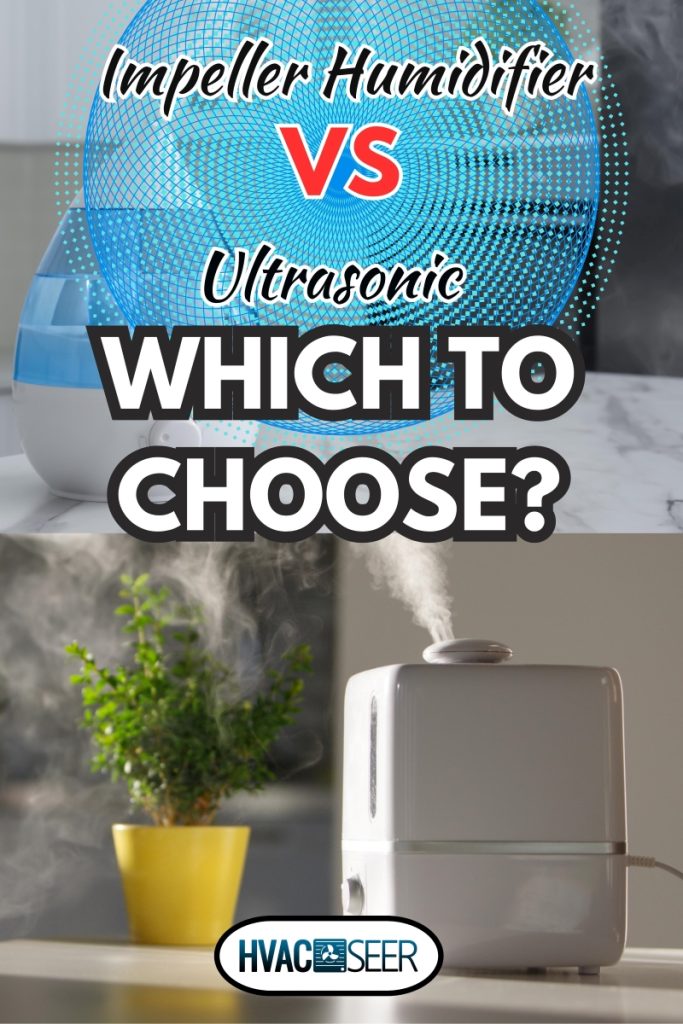
Impeller Humidifier Vs Ultrasonic Humidifier
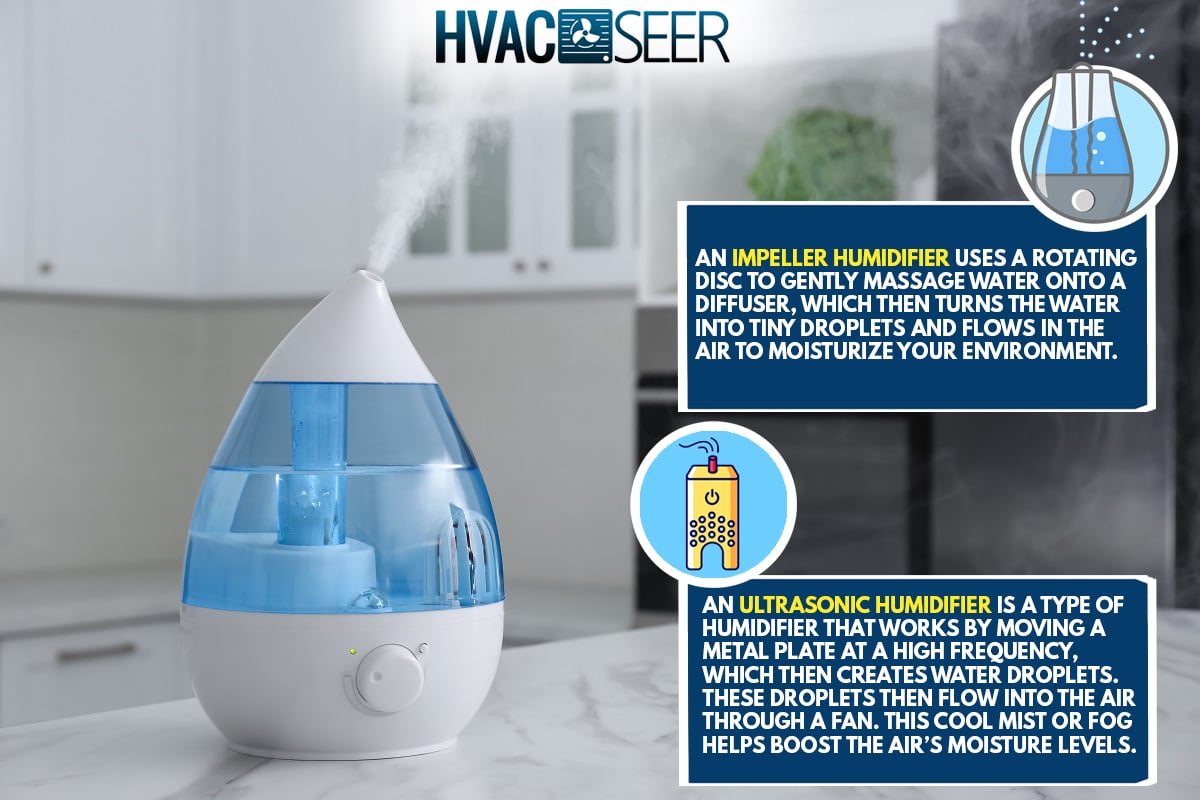
When most days feel warm and dry indoors, you may want to moisturize the air in the room using a humidifier.
Here is how each machine can humidify your home.
Impeller Humidifier
An impeller is a type of water-based technology that sprays water through a revolving disc. Through the device's operation, the water vapor will condense and evaporate, which then forms tiny droplets and flows into the atmosphere.
These types of devices are typically used for different appliances, such as washing machines and air conditioners.
Unlike other types of devices, an impeller can be used without any complicated components.
Its ability to provide a wider range of humidification makes it an ideal choice for people who are looking for a simple yet effective way to keep their homes fresh.
However, due to the sound produced by the rotating disc, it can be very noisy.
Click to see this Impeller Humidifier on Amazon.
Ultrasonic Humidifier
An ultrasonic humidifier uses sound waves to create a fine mist of water that's expelled to add moisture to a room. It's quieter than other types of devices due to its design.
Also, unlike other types of ultrasonic equipment, this type of device doesn't have a filter. It's considered safer since there's no risk of scalding because the water inside is lukewarm.
Check this Ultrasonic Humidifier on Amazon.
What Is The Importance Of Using Humidifiers?
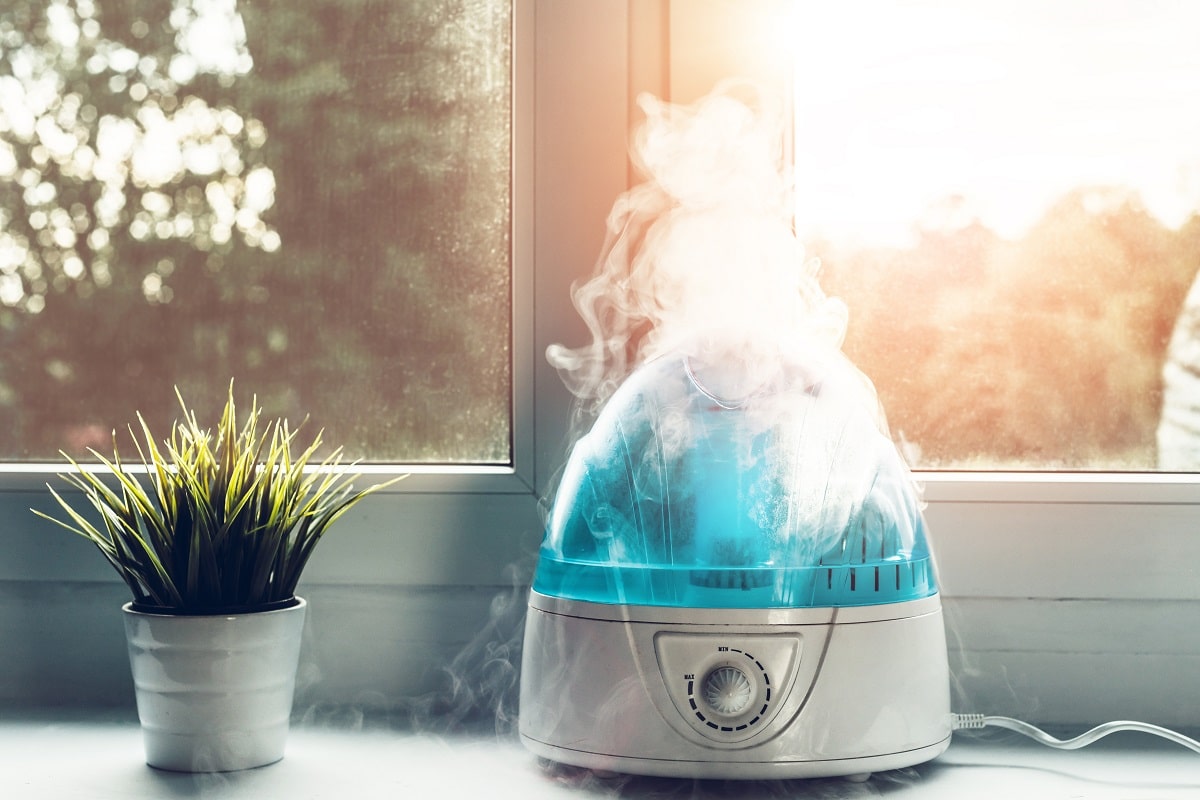
Generally, utilizing a humidifier in your home gives a feeling of comfort and relaxation. But, aside from that, you should have a humidifier at home because it can help you:
Save Money
The low humidity level in your house can help you feel more comfortable. It can also help you save money on energy. By adding moisture to the air in your home, you can make it more comfortable and reduce your energy consumption.
Sustain Indoor Plants
Most indoor plants are tropical varieties, and these indoor plants need humidity to sustain them. Having an air humidifier in your home can help keep the humidity levels high enough to encourage your plants to grow.
Limit The Spread Of Germs
Cool mist humidifiers are effective at reducing the number of germs in the air. They do not kill bacteria, but they add moisture to the air.
Improve Indoor Climate
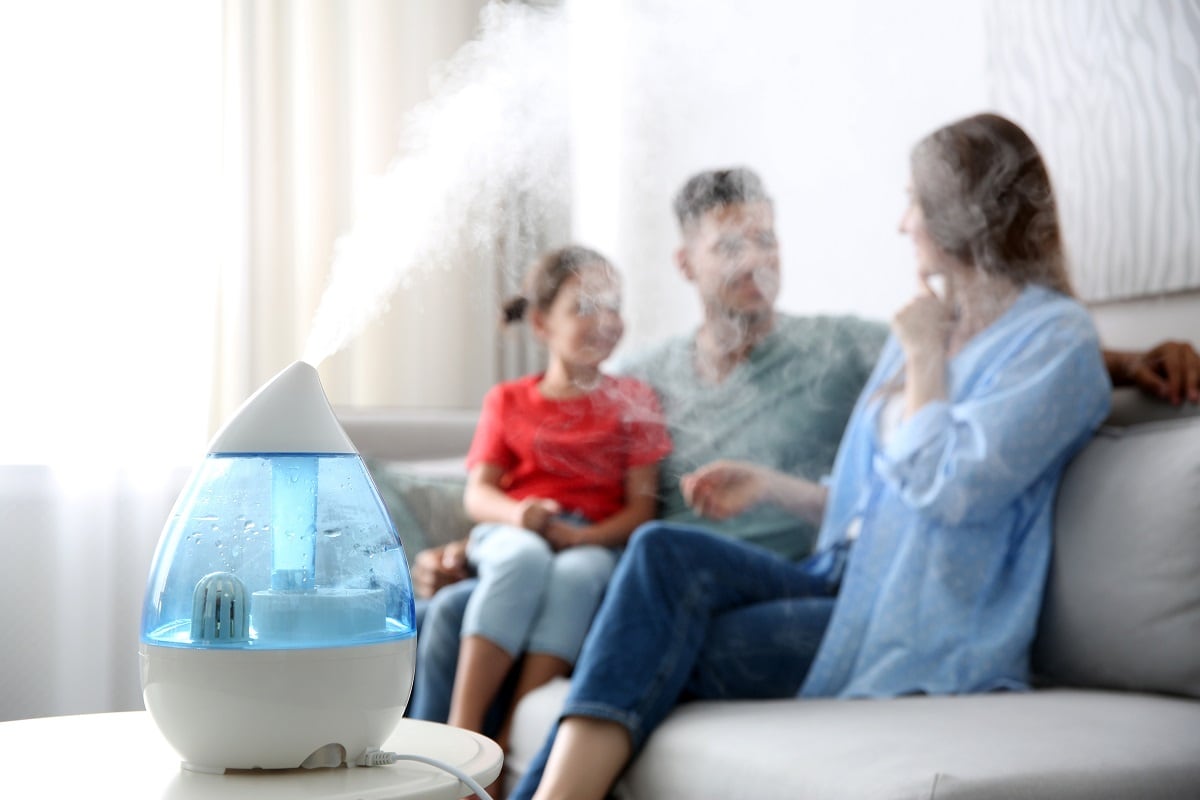
Dry air can be inconvenient, and it can cause bloody noses, dry noses, and other discomforts. Having an air humidifier can help keep the air in your home fresh and comfortable.
Benefits Of Ultrasonic Humidifier
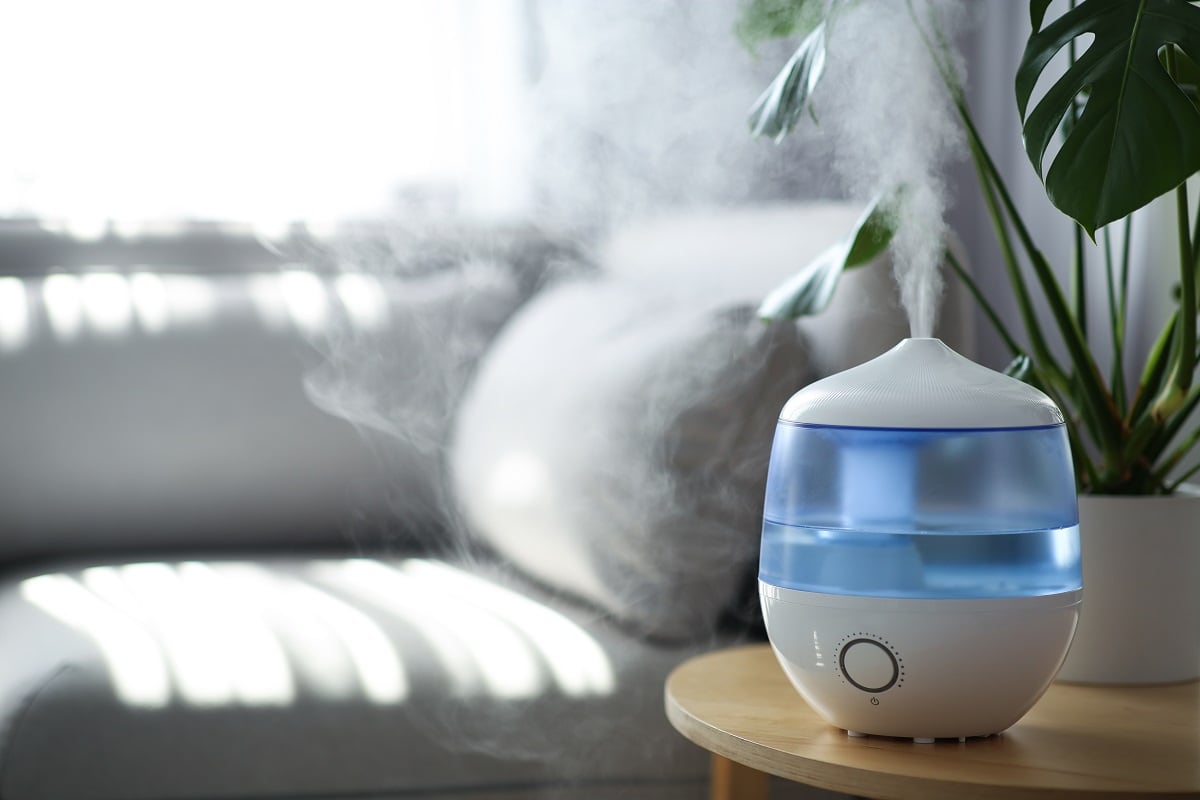
An ultrasonic humidifier is a simple device that consists of a reservoir of water and a vibrating element known as a diaphragm. The high frequency of the diaphragm makes it vibrate at an incredibly high level, which is why it's called an ultrasonic humidifier.
The vibrations from these devices propel water droplets into the air, which then evaporate and add humidity to the room. These are referred to as cool mist humidifiers. They do not require heating the water, and there is no point in time when the water starts to evaporate.
Below are the expected benefits of ultrasonic humidifiers:
- In comparison to the fan of an evaporative humidifier, the vibration of an ultrasonic humidifier is quieter.
- Unlike steam humidifiers, ultrasonic ones do not produce heat, which makes them safer than those that boil water to create vapor. This is especially important for children's rooms. The same functions apply to most evaporative humidifiers which can operate without heat and produce water vapor.
- Ultrasonic humidifiers can also produce low electric bills, so it is a cost-efficient product you can use.
- Ultrasonic humidifiers are inexpensive.
Benefits Of Impeller Humidifier
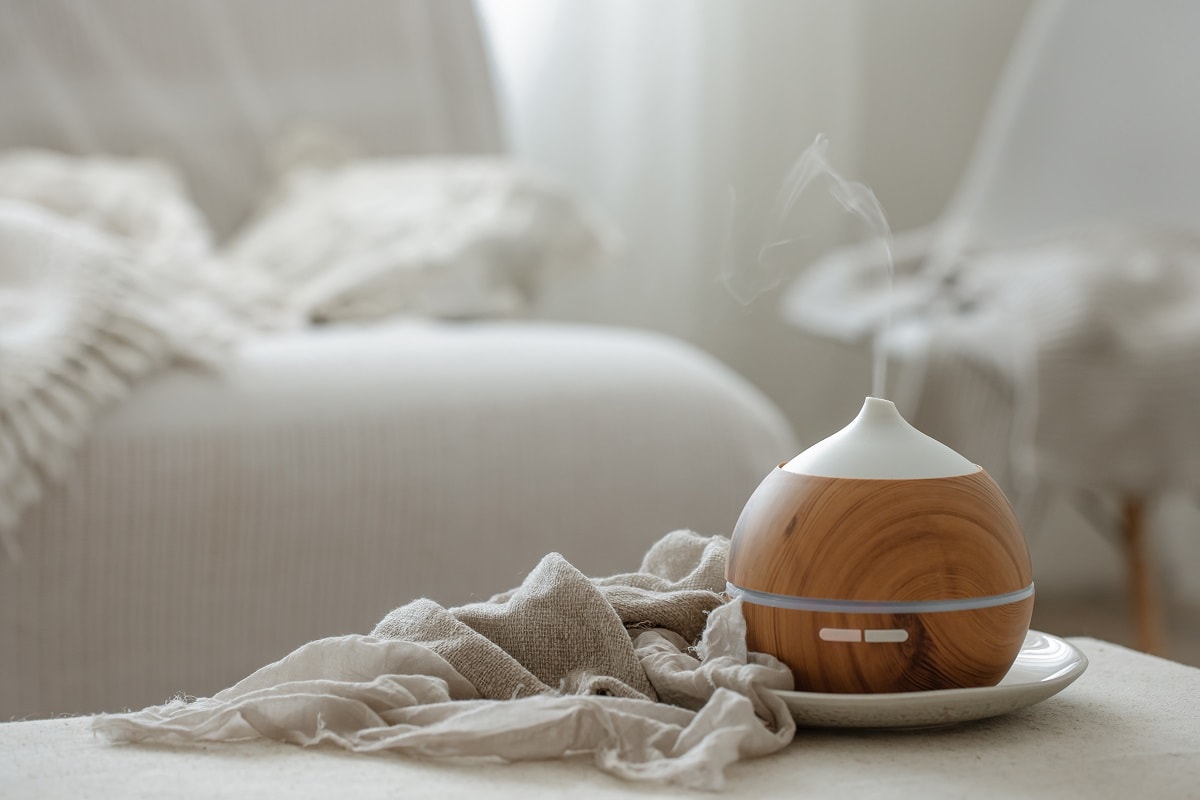
As we mentioned earlier, an impeller is a type of water-based humidification device that uses a spinning disk to condense water into floating droplets. These devices, which are commonly referred to as cool-mist humidifiers, can release bacteria and dissolved minerals into the air.
It is recommended to use distilled water to prevent these from settling on nearby household goods, as this method significantly increases the unit's cost.
Below are the known benefits of impeller humidifier:
- Impeller humidifier generates a cool mist from its rotating disks.
- Most impeller humidifiers are cheaper than other humidifiers.
How To Clean Your Humidifier
Cleaning your humidifier will help it last longer. The procedure on how to clean your humidifier is very easy. Just follow the steps below:
Vinegar Cleaning
Add a freshwater to fill in the tank of your humidifier and then add a few cups of vinegar (depends on your measurement). Allow the vinegar to soak in for 10 to 20 minutes and dissolve the mineral deposits
Using a circular motion, scrub the mineral deposits after emptying the tank of vinegar and water. Lastly, wipe off the tank of your humidifier using a soft, clean cloth.
Click to see this distilled white vinegar on Amazon.
Hydrogen Peroxide Cleaning
If you don't want to use vinegar, hydrogen peroxide is a good substitute to clean your humidifier. Add 2-4 cups of hydrogen peroxide once the water is already filled in the tank.
Let it sit for an hour to circulate the water and peroxide mixture and allow the mineral accumulation to dissolve.
After waiting for an hour, drain the tank and begin washing the mineral residue. Once you're done, rinse the tank, tube, or base with water.
How Often Should You Clean Your Humidifier?
If you frequently use your humidifier, you should conduct a deep cleaning on it at least once a week or every two weeks.
This is to ensure that there will be no mold or germs trapped in your humidifier that will shorten the lifespan of your device and endanger your health.
However, if you see mold growing on the base or tank of your humidifier, immediately clean it to avoid inhaling it or exposing it to the air.
Should You Disinfect Your Humidifier?
Although a cool mist humidifier doesn't have to boil the water to produce a mist, it's still important to disinfect it first to prevent bacteria from entering the room. This is because a cool mist humidifier can potentially release harmful bacteria into the air.
In addition, a warm mist humidifier should also be disinfected before using it, especially if you utilize it less often. Otherwise, you don't have to disinfect it regularly if you use it daily.
Other Reminders For Using Humidifiers
Before you use your humidifier, you should be mindful of some safety precautions.
Don't Over-Humidify Your Room
A room's humidity should ideally range between 30% to 50%. You can use a device called a hygrometer to monitor the moisture in your house.
To maintain low humidity levels, just turn on your humidifier when you actually need it.
Click to see this hygrometer on Amazon.
Regularly Change The Filter
If your humidifier uses a filter, replace it with a new filter to ensure safe and clean moisture in your room.
Click out this humidifier filter replacement on Amazon.
Keep Doors Open While Using A Humidifier
Make sure that your door is open when you are using a humidifier to allow air to enter and exit and to prevent over-humidification in your room.
The Takeaways
Most consumers prefer to use an ultrasonic humidifier over an impeller humidifier because it operates silently, is cost-efficient, saves energy, and produces a cool mist.
You should check on your humidifier, whether you choose an impeller or an ultrasonic one. Maintain it by cleaning the tank, base, tube, or other parts with either vinegar or hydrogen peroxide.
Most importantly, consult with an expert first to know the pros and cons of humidifiers in the environment that you have.
Before you go, check out these helpful posts:

